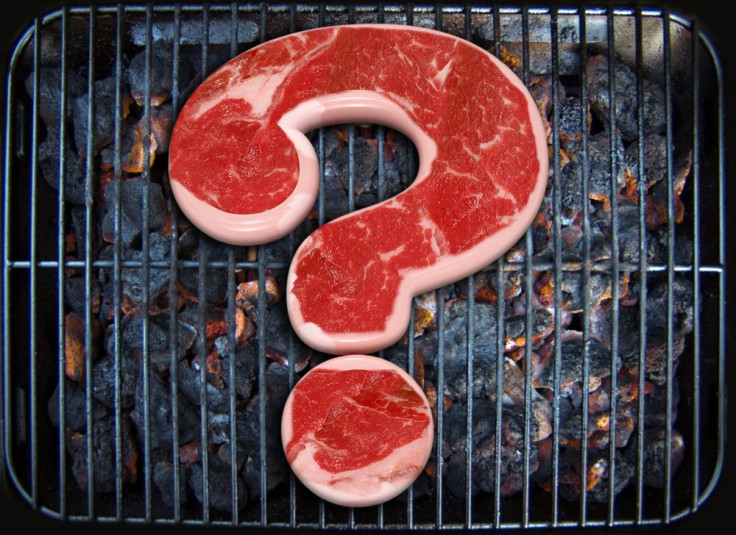
There is a lot of worriment and fuss in the carnivore world over mad cow disease, also known as bovine spongiform encephalopathy (BSE), since a form of the disease can be transmitted to humans -- variant Creutzfeldt-Jakob disease (vCJD), to be exact. And there's a lot to fear: the vCJD strain is fatal to both cows and humans, but not before creating a wide array of health conditions including brain damage, dementia, and a coma.
Last year, it was reported that five countries (China, Japan, South Africa, Saudi Arabia, and Jordan) banned imported Brazilian beef after a case of atypical mad cow disease was confirmed. Being the world's No. 1 beef exporter, the South American nation was far from pleased as an estimated 4.4 percent of the country's beef export was affected by the ban.
History is, once again, repeatedly itself as Brazil's agriculture ministry announced on Thursday that they are investigation a possible case of atypical mad cow disease. According to Reuters, a ministry spokesman divulged in an e-mail that veterinarians suspected an animal of having neurological problems during a routine inspection in a slaughterhouse in the state of Mato Grosso. It should be noted that while tests are being conducted, there is no confirmation of BSE or vCJD.
Brazil's first positive test of atypical mad cow disease--"atypical" denotes that the cow contracted the protein spontaneously -- was reported in 2012 when test results suggested that a cow died in the Parana state two years earlier. The animal had developed the protein, but did not have the disease and reportedly died of natural causes. The World Animal Health Organization has since concluded that Brazil has an insignificant risk of BSE.
Mad cow disease was discovered in 1986 in Great Britain and an outbreak in the United Kingdom in 1993 resulted in the death of 180,000 cows and claimed 150 people.
© 2024 Latin Times. All rights reserved. Do not reproduce without permission.




